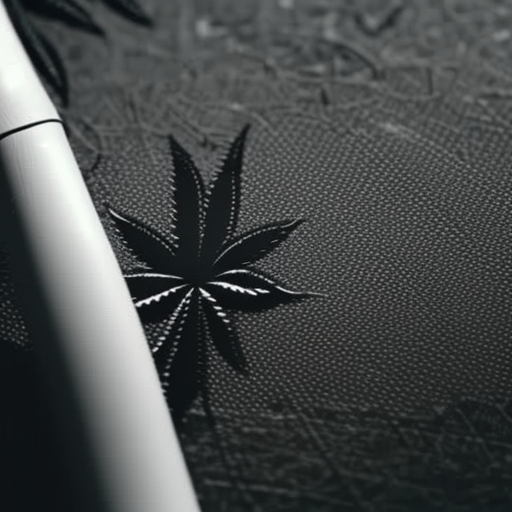 Introduction
Introduction
The ongoing debate surrounding cannabis legalization and decriminalization has sparked discussions about how these legal changes will affect individuals in the United States. This article aims to shed light on the differences between decriminalization and legalization, as well as their potential implications. It is important to note that while this information is accurate at the time of writing, laws and regulations regarding cannabis may vary by state.
What Cannabis Decriminalization Means
Decriminalization of cannabis does not equate to everyone having the legal right to use cannabis. Instead, it focuses on reducing or eliminating the criminal consequences individuals may face if found in possession of cannabis products. The primary goal of federal and state decriminalization efforts is to incarcerate fewer people for simple possession charges.
Decriminalization measures are being implemented in cities where medical marijuana and adult use are already legalized. By decriminalizing cannabis, cities and towns aim to remove official criminal sanctions against individuals with small quantities of cannabis for personal use. For example, in Austin, Texas, lawmakers have agreed not to charge citizens for possessing misdemeanor amounts of cannabis (0-4 ounces). However, it is crucial to note that decriminalization is not uniform across all jurisdictions, and penalties may still apply in areas where cannabis remains criminalized.
Reducing Criminal Penalties for Simple Possession Charges
Decriminalization would lead to significant changes in the penalties imposed by the criminal justice system for possession charges. Rather than facing criminal convictions, individuals may be required to undergo mandatory drug treatment programs or education instead of hefty fines or jail sentences. However, it is important to understand that decriminalization does not extend to other cannabis-related offenses such as trafficking or illegal cultivation or processing.
The Differences Between Legalization and Decriminalization
While decriminalization focuses on removing criminal sanctions for personal use, legalization encompasses a broader scope that includes both personal and commercial activities related to cannabis. At present, cannabis remains classified as a prohibited drug on Schedule I of the Controlled Substances Act, with no federal laws governing its cultivation, processing, manufacturing, or sales.
If the federal government were to legalize cannabis, new laws would govern the operations of cannabis-related businesses (CRBs). For instance, the SAFER Banking Act aims to provide CRBs with the same financial services as other businesses. While the legalization of medical marijuana may occur at the federal level in the future, recreational marijuana legalization may remain a state-level decision.
Understanding Recreational Marijuana Legalization
Recreational marijuana use is currently legal in 24 states. Adults aged 21 and older with valid identification can purchase cannabis products from licensed dispensaries. However, each state has established maximum quantity limits for purchase and possession, which are typically aligned.
Dispensaries utilize point-of-sale software to track purchases and ensure compliance with legal restrictions. Overselling cannabis or violating regulations can lead to severe penalties, including fines and loss of business licenses for dispensaries.
Potential Criminal Penalties for Recreational Use
While recreational use is permitted in legalized states, individuals can still face criminal penalties for consuming cannabis in prohibited locations such as schools, hospitals, federal buildings, or private properties. Additionally, exceeding the maximum allowed quantity of cannabis (by grams or ounces) can result in legal charges.
The Potential Effects of Cannabis Rescheduling
President Joe Biden’s request for an evaluation of rescheduling cannabis from Schedule I to Schedule III of the Controlled Substances Act could have significant implications. Rescheduling would reduce penalties for possession and potentially lead to fewer charges or incarcerations related to cannabis use. There is also a possibility that health insurers may partially cover medical cannabis costs, reducing out-of-pocket expenses for patients.
Conclusion
Understanding the differences between decriminalization and legalization is crucial when discussing cannabis reform. Decriminalization focuses on removing criminal sanctions for possession, while legalization extends to personalized and commercial cannabis activities. As laws continue to evolve, it is essential to stay informed about the legal status of cannabis in your jurisdiction and abide by applicable regulations.

